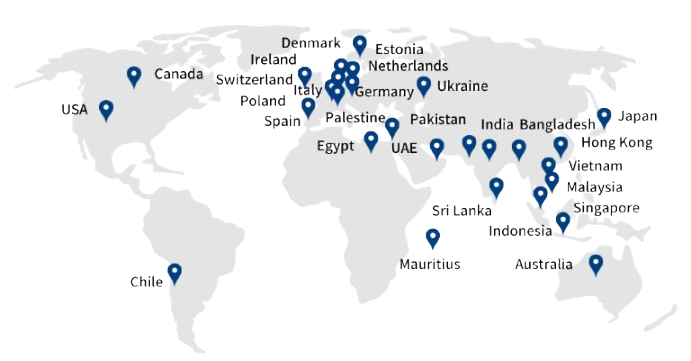I joined this course mostly out of curiosity and a little “am I missing something everyone else knows?” feeling. I wasn’t expecting a mindset shift, but that’s honestly what I got.
What stood out to me is how simple system design felt when explained the right way. Instead of getting lost in fancy terms or patterns, the course focused on intuition: understanding the problem, breaking it down, evaluating trade-offs, and choosing what makes sense. It made me realise that solving hard problems isn’t about complexity, the real skill is simplifying things in a way that still works.
I’ve been following Arpit since my college days, and even back then I loved how he explained things so clearly and to the point. That same clarity carried through in this course, even the seemingly complicated topics felt simple and understandable.
The examples, discussions, and reasoning frameworks made the learning stick instead of just floating around as theory. I could actually connect things to how systems are built in the real world, and that gave me a lot more confidence in how I think and approach problems now.
Also really appreciated how patient and open Arpit was throughout the sessions. You could ask anything, basic, random, detailed, and he’d break it down with clarity and honesty, not buzzwords.
And yes, the classic line: “If you have a hard problem, don’t solve it.” Somehow makes me feel better about not overcomplicating things -- pure genius. xD





























